
Bonded Labor
Tackling the System of Slavery in South Asia
Recommendation
Millions of people worldwide live in slavery. Most are South Asian “bonded laborers” caught in a web of debt. They spend years in backbreaking slave labor to pay back emergency loans they took out at usurious rates from extortionist lenders who cheat them. Few ever get free from or out of debt because of low wages and escalating obligations. Siddharth Kara reports on the curse of bonded labor in South Asia. He details what the region’s nations must do to eliminate bonded labor and outlines how private parties can help. With a note that its dense format is a bit daunting, getAbstract recommends Kara’s shocking report to international investors, supply-side experts, students, and anyone who objects to and wants to help stop this exploitation of human beings.
Summary
About the Author
Adjunct lecturer in public policy at the Harvard Kennedy School and the University of California, Berkeley, Siddharth Kara wrote Sex Trafficking: Inside the Business of Modern Slavery, co-winner of Yale’s 2010 Frederick Douglass Award as the best nonfiction book on slavery.








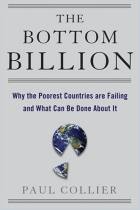
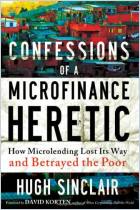
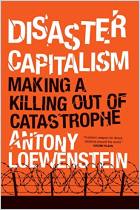
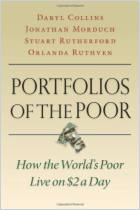
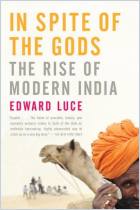
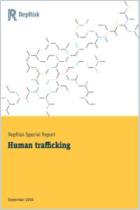



Comment on this summary